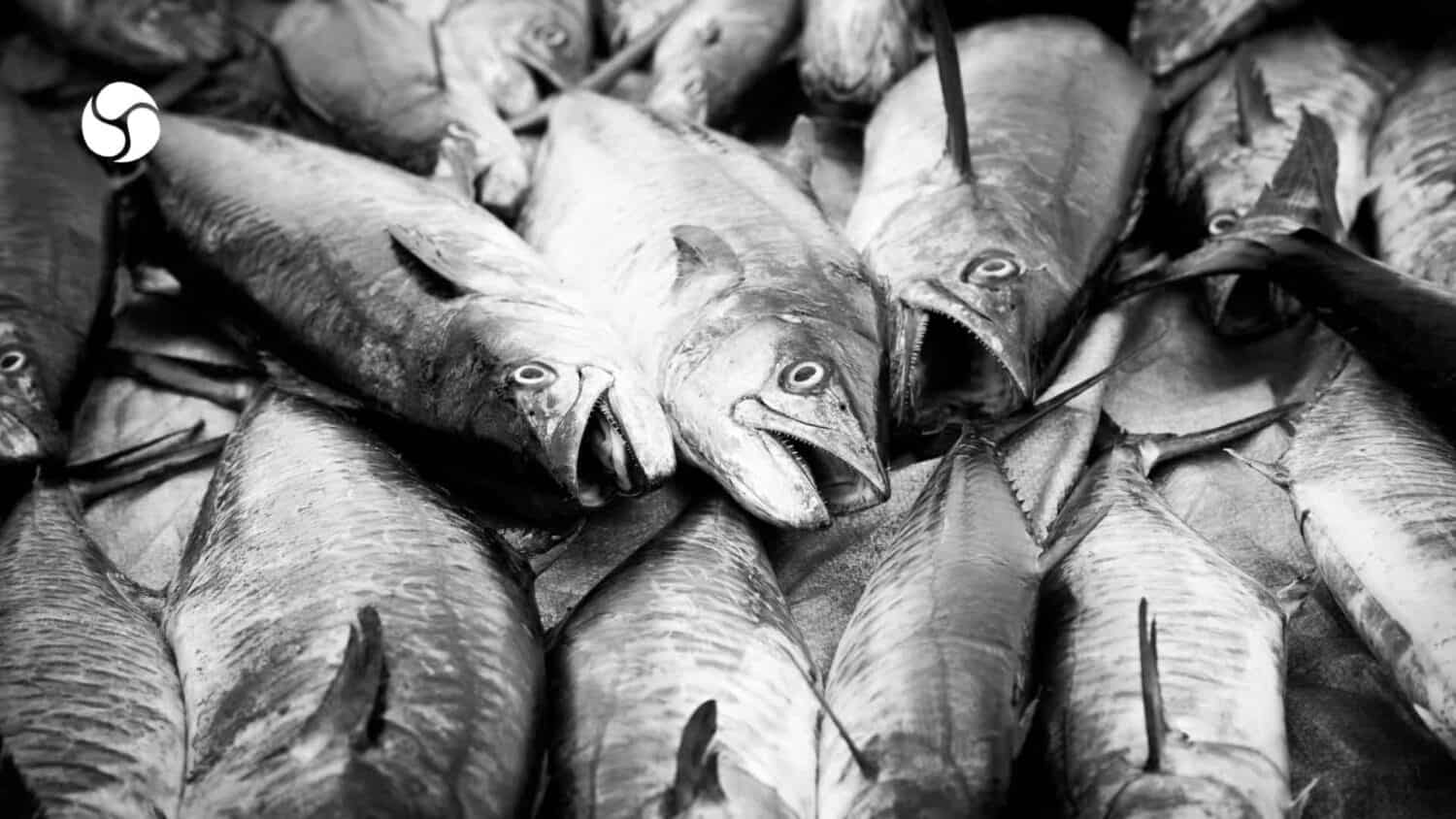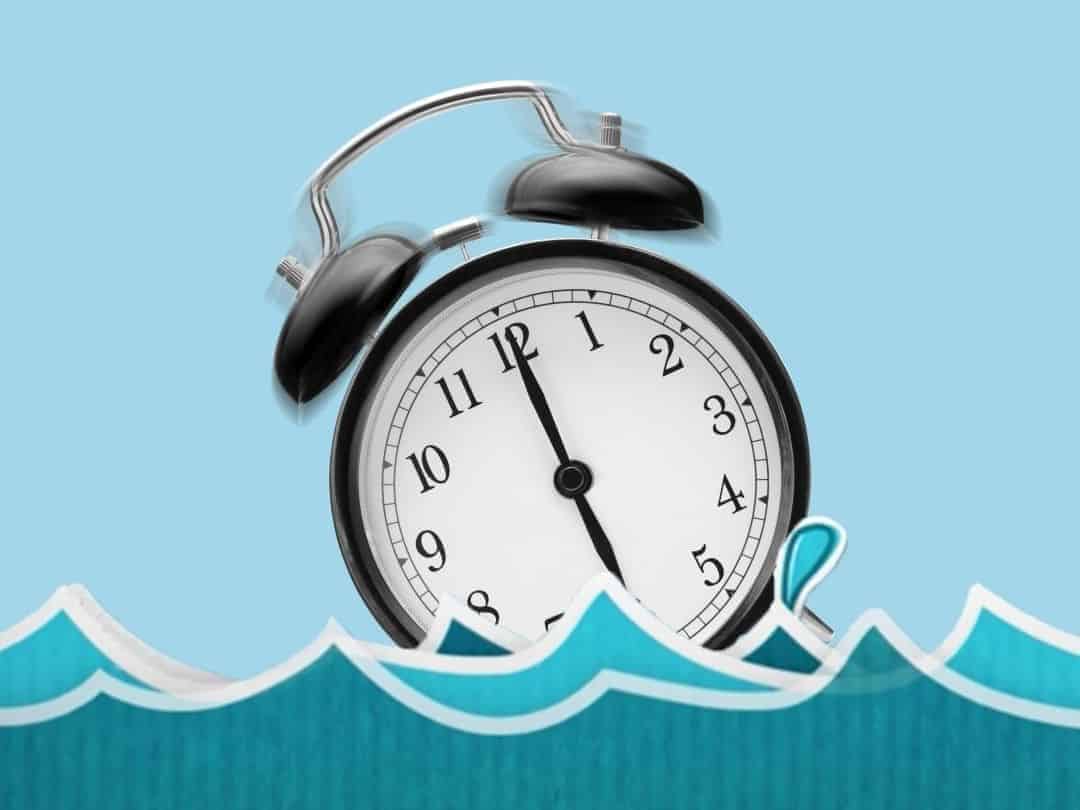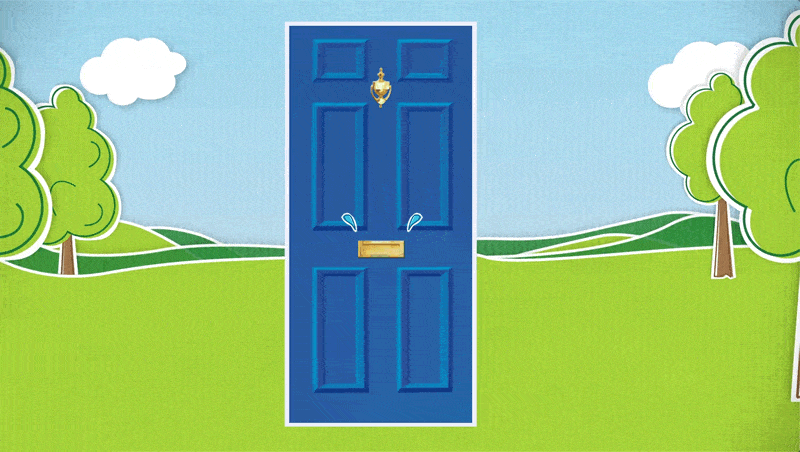FRESH SUPPLY OF OMEGA 3
SUBSCRIPTION
Easily determine your amount and frequency and never run out of fresh vegetable omega-3 again! Your omega-3 will never be older than 3 months from production to consumption. Of course, you can also make separate orders.


